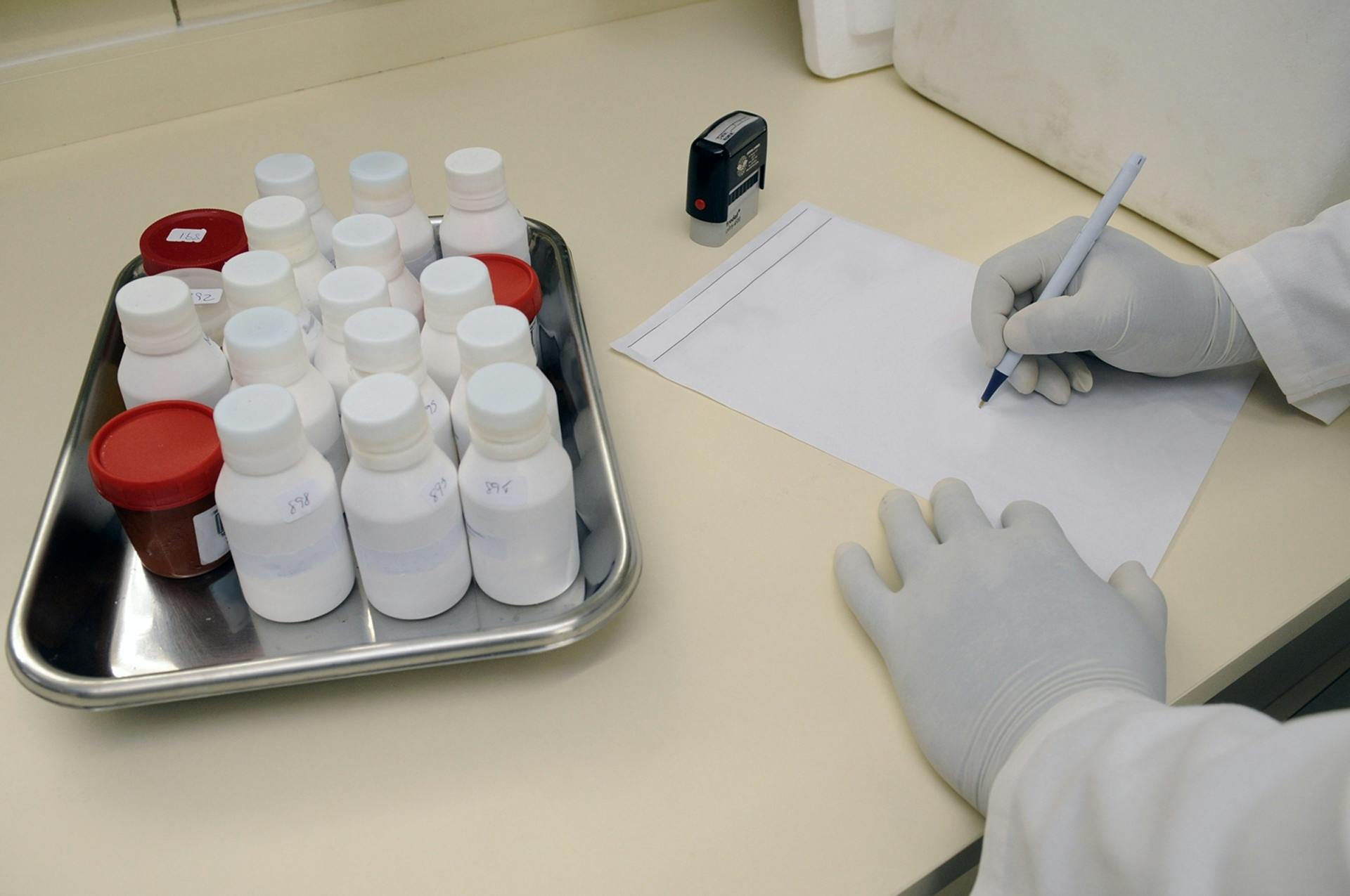
Is My Case Over After MMI?
If you’ve been injured on the job and your doctor has told you that you’ve reached MMI — or Maximum Medical Improvement — you might be wondering: Is my case over?
The short answer is: Not necessarily.
MMI is a major milestone in your workers’ compensation case, but it doesn’t mean the story is over — especially if you’re still in pain, need future treatment, or can’t return to your old job. Let’s break it down.
What Does MMI Mean?
Maximum Medical Improvement means that, according to your workers’ compensation doctor, your condition is as good as it’s going to get with medical treatment. This doesn’t mean you’re “cured” or “100%.” It just means your recovery has plateaued.
You might still:
- Have lasting restrictions
- Need medication or therapy
- Be unable to return to full duty
But from the insurance company’s point of view, this is where things change.
So… What Happens After MMI?
You May Be Assigned a Permanent Impairment Rating
Once you reach MMI, the doctor will assign you a Permanent Impairment Rating (PIR) — a percentage that reflects any lasting damage from your injury. This rating determines whether you’re eligible for impairment income benefits and how much you’ll receive.
Your Benefits Could Change
If you were receiving Temporary Total Disability (TTD) or Temporary Partial Disability (TPD) benefits, those will usually end once MMI is reached. You may now qualify for:
- Impairment Benefits (IBs), or
- Permanent Total Disability (PTD) if you can’t work in any capacity
If the insurer disagrees about PTD, this often leads to litigation.
You Might Be Offered a Settlement
Insurance companies often use MMI as a time to propose a settlement — a lump sum of money to close your case.
Warning: Do not accept a settlement without speaking to an attorney. Once you settle, you may lose the right to future medical care or benefits.
Medical Care Could Continue — But Only If Authorized
Some injured workers still need medications, injections, or follow-up care even after MMI. However, these treatments must be approved by the insurance carrier, and they may fight it.
Is This Really the End of My Case?
It depends. Your case may still be active, especially if:
- You’re unable to return to work
- You want to fight for Permanent Total Disability benefits
- The insurance company denies your ongoing care
- You’re negotiating a settlement
Think of MMI as a turning point — not the finish line.
What Should I Do After MMI?
✅ Understand your rights. You may be entitled to impairment benefits, continued medical care, or a settlement.
✅ Don’t rush into a settlement. The insurance company is looking to close your case quickly and cheaply.
✅ Talk to a lawyer. Especially if you’re a first responder or public employee, your benefits may involve complex statutes like Florida Statute 112.18 (Heart Bill) or PTSD presumptions.
Bottom Line
MMI is an important moment — but it’s not necessarily the end of your workers’ compensation case. In fact, it’s often when the real negotiations begin. If you’ve been told you’ve reached MMI and you’re not sure what comes next, don’t go it alone. At Bichler & Longo, we represent first responders and public employees across Florida — and we know how to protect your rights after MMI.
Need guidance after MMI? Contact us today for a free consultation. We’ll help you understand your options — and fight for the benefits you’ve earned.
407-599-3777
Ann@bichlerlaw.com
